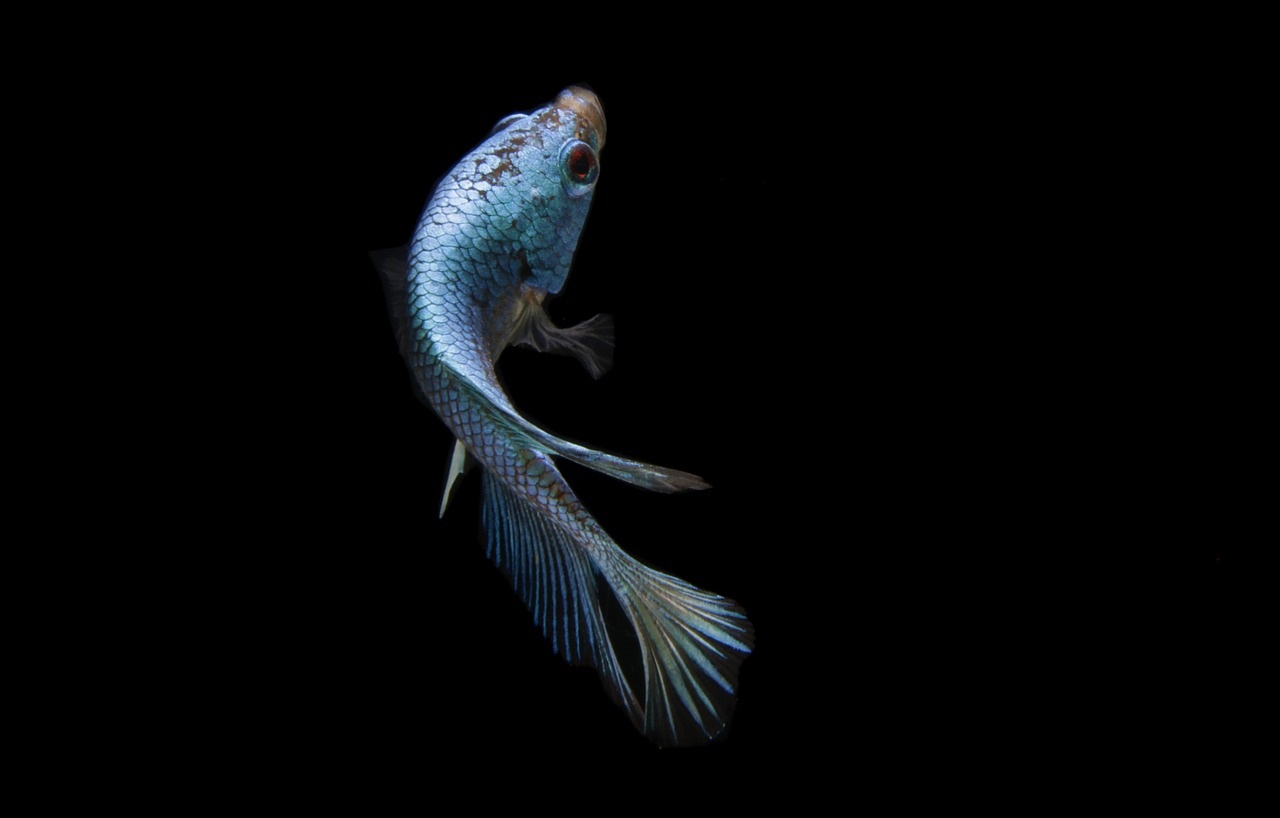Has a single UPC action yet been stayed in view of a parallel EPO opposition? The court is very reluctant to be delayed by EPO opposition proceedings and remains patentee-friendly in its general approach.
READ MOREFeatured Insights
Following a seven year battle between McDonald’s and the Irish fast food restaurant group, Supermac’s, the General Court of the European Union has handed down a decision to partially annul an earlier decision of the EUIPO’s Board of Appeal, thereby cancelling McDonald’s European Union trade mark (EUTM) registration for its BIG MAC mark insofar as it covers certain products.
In the first order since the landmark decision of 10 April 2024, the Court of Appeal comments on its ability to determine its own panel composition. Its position remains unchanged: a panel of three legally-qualified judges is allowable for proceedings without technical matters. The Court has dismissed a request to refer the matter to the CJEU.
In a UPC first, the Court of Appeal has issued an order regarding the granting of stays. The Court sets out a prevailing principle that stay requests will not be granted. An exception to this principle is when a rapid decision from the EPO is expected, but the Court may exercise its discretion on whether to actually stay the proceedings.
A detailed decision from the UPC Court of Appeal takes a principled approach to public access applications and provides valuable guidelines. However, the Court may have set itself up for a bigger contest on panel composition, having sat without any technically-qualified judges.
The Court of Appeal recently issued its judgment in the latest episode of the colourful legal saga between Lidl and Tesco, upholding the High Court’s decision that Tesco’s use of its ‘Clubcard Prices’ sign amounted to trade mark infringement and passing off. Trade Mark Assistant, Daniel Wheatley, provides insight on the recent judgement.
In a recent decision, the Court of Appeal has upheld the Intellectual Property Enterprise Court’s (“IPEC”) earlier decision that Aldi infringed registered designs owned by M&S, dismissing Aldi’s appeal in its entirety.
The Court of Appeal of the Unified Patent Court (UPC) issued its first substantive decision on 26 February 2024. The Appeal concerned a preliminary injunction granted by the UPC Local Division in Munich to 10X Genomics against NanoString Technologies.
A new order has been issued by the UPC regarding Rule 262.1(b) RoP applications in Bitzer v Carrier (UPC_CFI_ 263/2023), in which Dehns is acting on behalf of the defendant, Carrier Corporation.
This is the latest in a series of orders in this area, which further hardens the boundaries of such applications by extending the list of documents that the Court will not provide public access to, further limiting the transparency of the Court.
“In this line of work, it’s vital that we do not conflate our personal perception with that of the ‘average consumer’ — a legal concept that serves as a reference point for assessing trademark disputes”. Dehns UK Chartered Trade Mark Attorney, Alexandra Nott, discusses the recent EUIPO Board of Appeal decision which held that Lewis Hamilton is not a well-known sports personality in the EU.
Many large language models have been trained using freely available web content, whether that be from crawling the internet, or using more specialised sources of content such as databases of patents or scientific articles. Until recently it has been relatively ensured that most of this content is essentially human-generated. Such content has therefore served as a useful source of training data for generative AI models, with models such as ChatGPT capable of generating text that may not be immediately and easily distinguished from human-generated content. Similar generative AI models are increasingly used for producing image and audio content. Newer models may therefore start being trained on content that potentially includes a significant, and increasing, proportion of content that has been generated by another model.
Subscribe here for updates on IP news, events and webinars.
|




